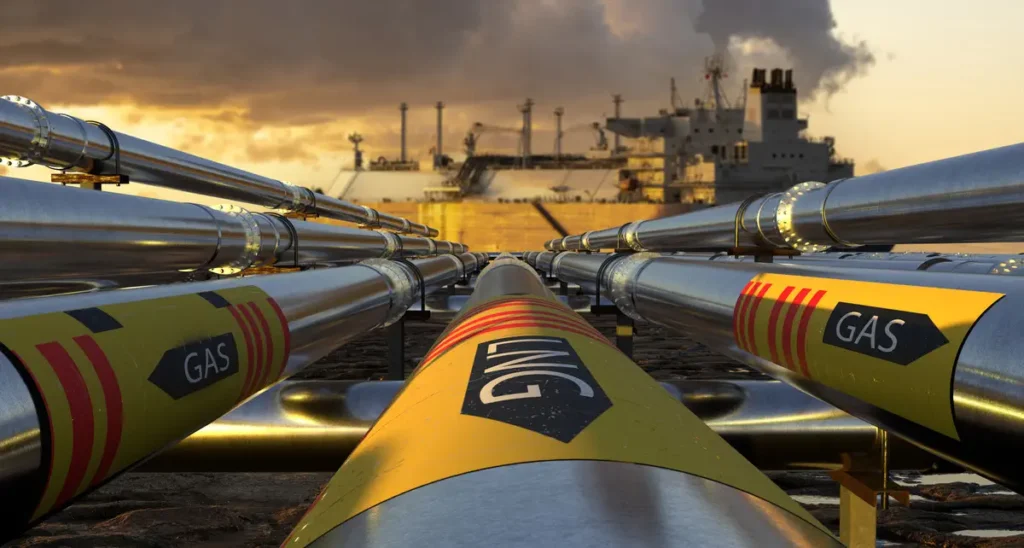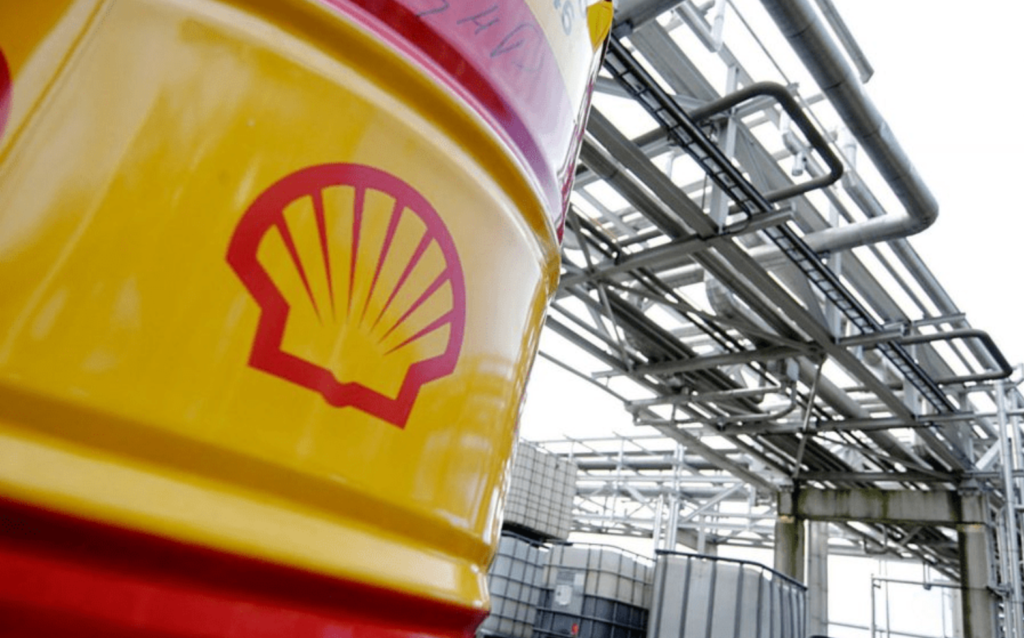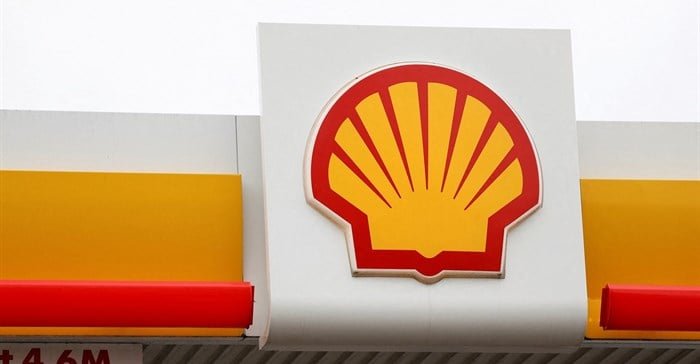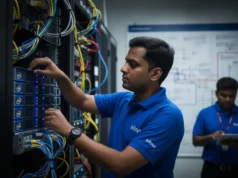In a significant step for Nigeria’s energy future, Shell has approved the development of a major offshore gas field in partnership with Sunlink Energies, signalling renewed confidence in the country’s deepwater potential and its liquefied natural gas (LNG) ambitions.
The project, known as the HI offshore gas development, is expected to deliver hundreds of millions of cubic feet of gas daily to Nigeria LNG Limited (NLNG) — the country’s flagship LNG producer. The move marks Shell’s strongest commitment to Nigeria’s gas sector since it began retreating from several onshore operations troubled by oil theft, vandalism, and environmental risks.
Table of Contents

A Fresh Chapter for Nigeria’s Offshore Gas
The HI field, located about 50 kilometres off Nigeria’s coast in roughly 100 metres of water, was originally discovered in 1985 but has remained undeveloped for decades. Under the new partnership, Sunlink Energies will hold a 60 per cent stake, while Shell Nigeria Exploration and Production Company (SNEPCo) retains 40 per cent.
Once operational, the project will supply an estimated 350 million standard cubic feet per day (mmscfd) of gas to NLNG’s facilities in Bonny Island. The gas will feed Nigeria’s export market, strengthening its reputation as a reliable global LNG supplier.
For Shell, this development is part of a broader strategy to expand its global LNG output by 4 to 5 per cent per year until 2030. For Nigeria, it represents both a commercial win and a political statement — that Africa’s most populous nation remains open for large-scale energy investment.
Strengthening Confidence in Offshore Investments
Shell’s renewed focus on offshore operations comes after years of divestment from its onshore oil assets. Those onshore fields, mostly in the Niger Delta, were plagued by pipeline sabotage, spills, and community disputes.
The offshore environment, by contrast, offers more security and lower risks of interference. It also aligns with Nigeria’s ambition to harness more of its abundant gas reserves — estimated at over 200 trillion cubic feet, one of the largest in the world.
Energy analysts see the HI project as a critical test case. If Shell and Sunlink can deliver it on time and within budget, it could trigger more deepwater gas developments and bolster confidence among other global players like TotalEnergies, Eni, and Chevron, who already have offshore interests in Nigeria.
Benefits and Broader Implications
The project’s impact is expected to extend far beyond the oil and gas industry. First, it will increase LNG exports, improving Nigeria’s foreign exchange earnings and stabilising government revenue.
It also promises to create hundreds of jobs during construction and operation — from offshore technicians to logistics, marine services, and fabrication yards across coastal states.
More importantly, it reinforces Nigeria’s image as a dependable energy supplier at a time when global markets are looking for stable sources of natural gas to balance fluctuating supplies from regions like the Middle East and Eastern Europe.
Boosting Domestic Energy Goals
Although the project is mainly export-driven, it could also support domestic gas supply in the long term. Nigeria has struggled to meet local demand for gas-powered electricity, industries, and households. Expanding gas production capacity helps create room for both export and local utilisation, aligning with the federal government’s “Decade of Gas” initiative.

Challenges Still Loom
Despite the optimism, experts warn that Nigeria must still overcome deep-seated challenges.
Regulatory and Security Concerns
Nigeria’s regulatory environment has often shifted with political changes, causing uncertainty for investors. The government’s task will be to ensure that fiscal terms under the Petroleum Industry Act (PIA) remain stable and attractive.
Offshore assets are also expensive to secure, and though safer than onshore operations, they remain vulnerable to piracy and vandalism. Shell and Sunlink will need strong coordination with the Nigerian Navy and other security agencies.
Financing and Execution Risks
Deepwater projects are capital-intensive, running into billions of dollars. Delays or cost overruns could discourage similar ventures. Moreover, LNG markets are cyclical — price drops can quickly erode profitability.
Environmental and community engagement will also be key. Even offshore, public perception and environmental compliance matter. Past controversies around oil spills and corporate responsibility have left scars that companies must now work hard to heal.
Why It Matters for Nigeria’s Energy Future
The HI project is more than a business deal — it’s a vote of confidence in Nigeria’s energy policy direction. For a country long criticised for losing out on investment to rivals like Angola, Mozambique, and Namibia, Shell’s commitment sends a clear signal that Nigeria remains a viable destination for energy capital.
It also aligns with global energy transition trends. While oil demand faces long-term uncertainty, gas is increasingly viewed as a “transition fuel” — cleaner than crude and critical for power generation as renewable capacity grows.
For local partner Sunlink Energies, the project is an opportunity to cement its place as a credible Nigerian operator capable of handling complex offshore ventures. And for Shell, it represents a balance between global decarbonisation targets and energy security needs in one of its most strategic African markets.

The Road Ahead
As Shell and Sunlink begin the engineering and design phase, stakeholders will watch for key milestones — including the final investment decision (FID), environmental approvals, and contractor awards.
If everything proceeds smoothly, Nigeria could see first gas by the end of the decade. The project’s success could inspire a wave of similar developments that would reshape the country’s offshore gas landscape, bringing jobs, revenue, and renewed relevance to Nigeria’s place in the global energy market.
For now, Shell’s greenlight marks a promising restart — a moment that could define how Nigeria leverages its gas wealth in a world racing toward cleaner, more sustainable energy.
Join Our Social Media Channels:
WhatsApp: NaijaEyes
Facebook: NaijaEyes
Twitter: NaijaEyes
Instagram: NaijaEyes
TikTok: NaijaEyes





